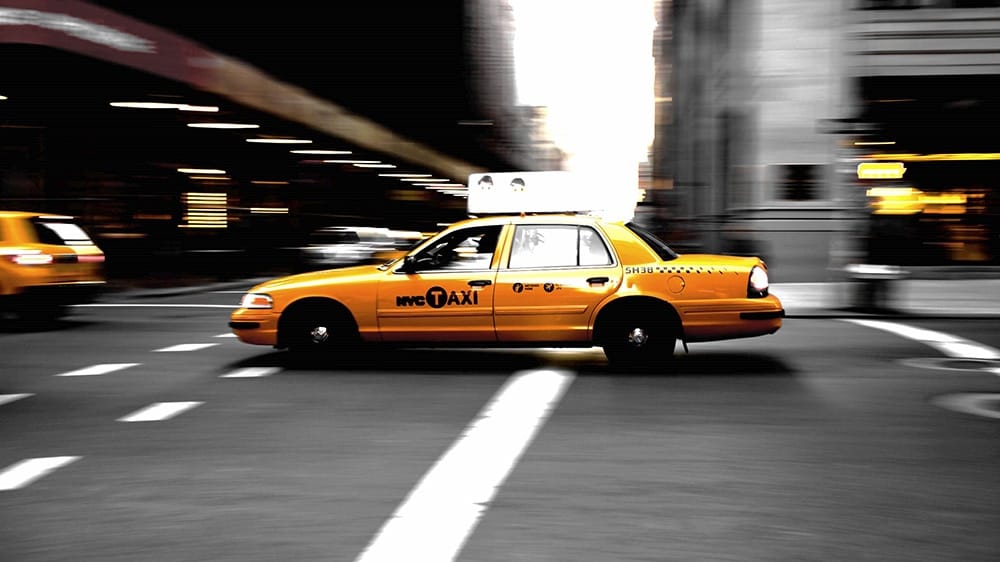‘We Need Our Own CCRB’: Cabbies on Police Oversight


CONEY ISLAND — Civilian Complaint Review Board’s (CCRB) held its only Brooklyn meeting planned for this year on Wednesday night at the Surfside Gardens Community Center in Coney Island. Neighbors, and local community organizations, showed up, but most of all — local cab drivers came to air their grievances with the cops.
The NYC CCRB is an independent oversight agency of the NYPD. The CCRB holds monthly meetings both at its office in Manhattan and across the other boroughs. Often when meetings are hosted outside the CCRB office, local organizations use the opportunity to discuss particular issues of police-community relations in their neighborhoods. However, not all of the NYPD units fall under their jurisdiction, those in attendance found out — one of them is traffic cops.
The taxi drivers brought up many grievances ranging from the number of tickets police have issued drivers, to police covering up for fellow public safety officials. However, the drivers may have trouble getting any of their concerns reviewed by the police oversight body — the CCRB does not have the jurisdiction to review cases of traffic police, according to Police Commissioner designee Salvatore Carcaterra and Board Chair Fred Davie.
Cab drivers speaking said several times that they believe police have monthly quotas of tickets to collect.
The NYPD told Bklyner, “There are no numerical enforcement quotas established by the NYPD.”
“Performance evaluations are conducted for all Department employees based on an assessment of their duties, responsibilities and specific conditions of their assignments,” Lieutenant John Grimpel wrote in a statement to The Appeal in 2018 regarding how NYPD precinct supervisors, and the officers under them, are still being pushed to chase numbers.
Raul Rivera, a TLC driver addressing the CCRB, recalled the time in 2017 he was severely injured when another vehicle ran a red light, causing the vehicle to be T-boned and flipping over several times landing on the sidewalk. Rivera said his dashcam caught the entire accident on camera but officers at the scene refused to issue a breathalyzer test to the other driver. Rivera said he later discovered in court proceedings that the other driver was employed as an FDNY firefighter. Although he took his case to the CCRB, the body did not substantiate any of his claims of police misconduct.
Another driver, Monib Raymond, said that in addition to competition with Uber, Lyft, and other rideshare companies that have devastated the taxi business, drivers have had to exhaust themselves working extra hours which can put them in environments where they make mistakes and get punished severely for them.
“The cops, they can come out from nowhere, and they just stop you and scan your license and issue tickets, we are dealing with new construction zones, buses, and bike lanes,” Raymond said. After fines are issued, many drivers are challenged by the appeals process because most drivers are from immigrant communities and so they have little know-how on what to do, Raymond said.
When drivers call 311 to complain about a sanction they feel is unjust they often get referred to the CCRB, even though most tickets are not issued by police on patrol (who fall under the CCRB’s jurisdiction) but by traffic police – who do not.
Rich Decateau, another licensed driver who attended the meeting despite living in Long Island, said that he was concerned about the ballooning number of tickets he has received in recent years. He said driver groups were organizing and meeting with elected officials on both the state and local levels to address common issues.
“We need our own CCRB to protect our quality of life from all the traffic tickets,” Decateau said.




